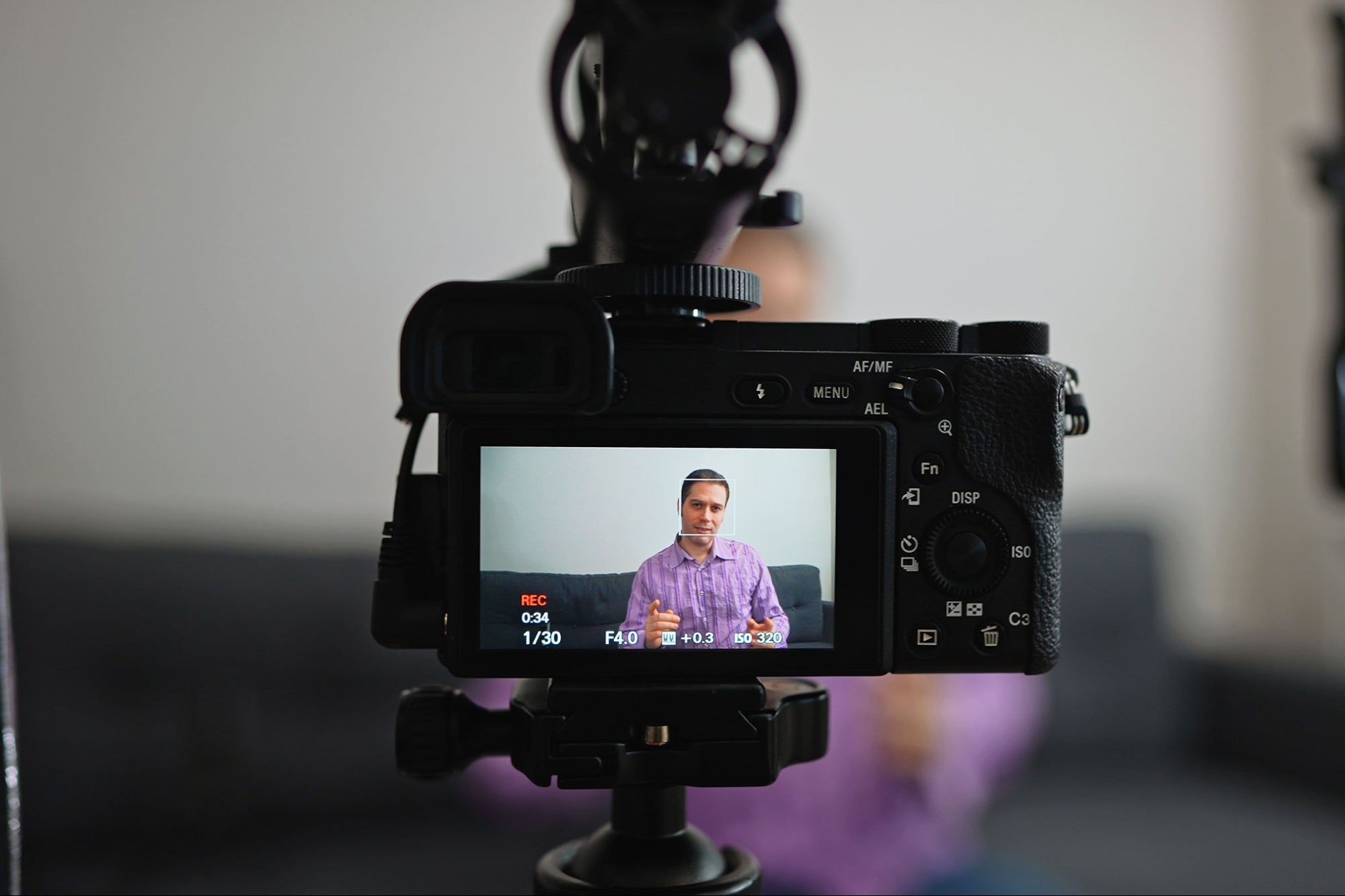Why Personal Branding Is Important for Every Working Adult
Here's why building and managing a personal brand is so important.

By Kelly Fletcher •
Opinions expressed by Entrepreneur contributors are their own.
Google yourself. No, really. Go on, do it. Chances are, someone will Google you in your life — whether it be a potential date, friend, customer or employer. What information is available about you online? This can help you identify any inaccuracies or outdated information that may be giving off a negative or unrepresentative first impression. If you find that the information available is not "on brand" for you, there are steps you can take to improve your online presence to build your personal brand.
A personal brand is the combination of unique skills, experiences and character traits that make you who you are. It is a way to differentiate oneself and stand out in a competitive job market or industry. Building and managing a personal brand can help you advance your career and achieve your professional goals.
Related: 10 Ways You Are Ruining Your Personal Brand
Effective personal branding should:
Set you apart from your competition and help you stand out from the pack
Help to build a connection between you and your audience
Help build credibility by showcasing your achievements and contributions
Help with future professional growth by positioning you as an expert in your field or industry
Your personal brand should be relevant, authentic, values-driven, credibility-building, visible, unique, flattering and consistent — maintaining the same image and message across all platforms.
Consider these questions when defining your personal brand:
How did my upbringing influence who I am?
What are my passions?
What are my values and beliefs?
How would others describe me?
What is unique about me?
What kinds of personality traits do I seek out in others?
By answering these questions, you'll be able to define your personal brand and communicate your unique strengths, values and personality to others.
It's equally as important to define your audience.
Ask yourself these questions to narrow down who it is you're trying to reach:
What is the age range of my audience?
Where are they located geographically?
Is my audience gender-specific?
Am I speaking to a specific job title or industry?
What drives my audience?
What do they worry about?
What makes them happy?
By understanding your audience, you can create a personal brand that speaks to their needs and interests and helps you to build a connection with them.
Related: As an Introverted Business Owner, Growing Your Brand Can Feel Overwhelming. Here's How to Master It.
Why social media matters:
92% of employers use social media sites to find talent
54% of companies have eliminated a candidate based on their social media feed
Up to 70% of employers use social media to screen potential hires
Using social media effectively:
Consistency is key across platforms:
If your personal brand is not consistent across different platforms, it can create confusion and undermine your credibility. For example, if you have a professional LinkedIn profile that showcases your work experience and skills, but your Facebook profile is filled with personal photos and posts that don't align with your professional image, it can create a disconnect and make it hard for people to understand who you are and what you stand for.
One way to address this issue is to make your personal accounts more private or to use a different name. This can help to keep your personal and professional life separate and ensure the information available about you is consistent with your personal brand. However, it's important to consider the potential implications of making your personal accounts private, as it can limit your ability to connect with others and may not be the best solution for everyone.
Focus on the channels where you know your audience is:
By knowing where your target audience spends their time online, you can optimize your efforts to reach them. For example, if your audience is mostly active on LinkedIn, focus on building your presence on that platform by creating a professional profile, connecting with others in your industry and sharing relevant content.
Additionally, by understanding the different features, functionalities and audiences of each platform, you can tailor your message and content to the specific channel, which can help you to stand out and connect with your audience more effectively.
A personal website can go a long way toward building a personal brand:
It allows you to control the message and information that people see about you and can serve as a central hub for your online presence. A personal website can include your resume, portfolio, blog and social media links. It can showcase your skills, experiences and achievements in a professional and polished way. It can also provide a way for you to connect with others, such as through a contact form or by including your email address or social media links.
Additionally, a personal website can be a powerful tool for building your online reputation and establishing yourself as an expert or thought leader in your field. By regularly updating your website with new content, you can demonstrate your knowledge and keep your personal brand fresh in people's minds.
Related: 8 Reasons a Powerful Personal Brand Will Make You Successful
It is important to remember that anything you post online can be seen by anyone, and it can have long-lasting consequences. People have lost jobs and opportunities because of past social media posts that were deemed offensive or inappropriate. To avoid this, it is crucial to be cautious about what you post online and to think twice before hitting the "post" button. It's also important to go back through your social media platforms periodically to delete any old posts that may not align with the personal brand you are building. By regularly monitoring your online presence, you can ensure the information available about you is consistent with the image and reputation that you want to present to others.











